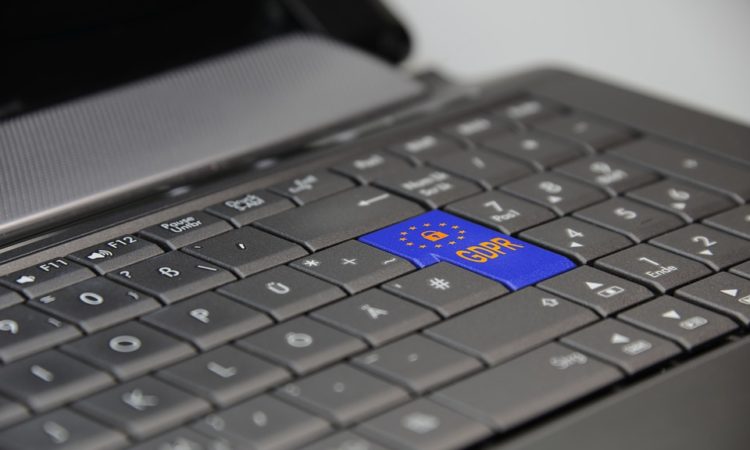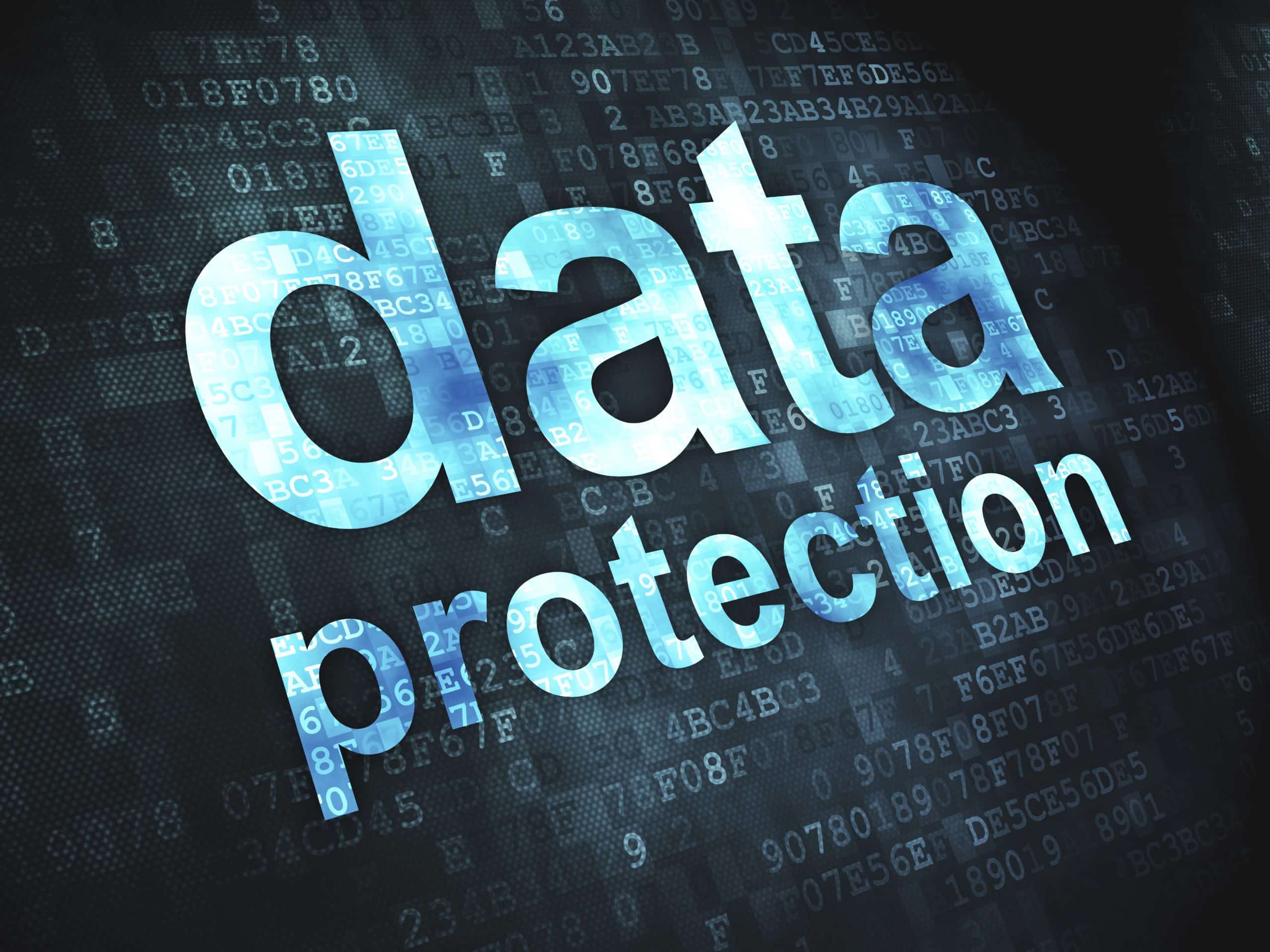Protecting Privacy In The Age of AI

The dawn of artificial intelligence (AI) and its rapid integration into our lives have brought forth both transformative opportunities and significant challenges, one of which is the imperative to protect privacy in this new technological era. AI algorithms, fueled by vast troves of data, offer tremendous potential in sectors like healthcare, finance, and transportation. Yet, these advancements raise concerns about personal information being collected, stored, and analyzed in ways that compromise our privacy and potentially harm individuals. Striking a balance between the benefits of AI and safeguarding privacy is paramount.

Balancing Innovation and Privacy Concerns

The transformative power of AI rests on its ability to learn from and make predictions based on data. Unfortunately, this data often includes sensitive personal information, encompassing everything from financial records and medical history to browsing habits and social interactions. The accumulation of such data by entities with varying intentions and capabilities presents a significant privacy risk.
Safeguarding Privacy Through Regulatory Measures
Addressing these concerns requires a multifaceted approach, including appropriate regulatory measures. Countries worldwide are grappling with the intricate task of drafting and implementing legislation to govern AI and protect privacy. These regulations aim to establish standards and protocols for data collection, storage, and usage. Strict data protection laws that prioritize user consent, transparency, and accountability can serve as effective safeguards, empowering individuals to exercise control over their personal information.
Promoting Privacy Awareness and Education
Education and awareness go hand in hand with regulatory frameworks in fostering a culture of privacy protection. Individuals need to be informed about the risks and implications of sharing personal data and equipped with the knowledge and tools to make informed decisions regarding their privacy. This entails understanding privacy policies, setting strong passwords, and being vigilant about online activities. Encouraging a sense of privacy consciousness among internet users can augment regulatory efforts.
Engaging in Responsible AI Development
The onus of responsibility falls upon AI developers and organizations to adhere to ethical standards and incorporate privacy protections into the design and implementation of AI systems. Adherence to privacy-by-design principles, such as minimizing data collection, using anonymized data whenever possible, and implementing strong encryption measures, can mitigate privacy risks from the outset. Transparent and accountable AI systems can help foster trust and confidence among users, enhancing their willingness to engage with AI-powered services and applications.
Promoting Collaboration and International Cooperation
The inherent nature of data and the global reach of AI necessitate international collaboration to effectively address privacy concerns. Harmonizing data protection regulations across borders can facilitate seamless data transfer and processing while ensuring consistent levels of protection for individuals. Cooperative efforts among nations can also bolster enforcement capabilities and facilitate the sharing of best practices to safeguard privacy in the age of AI.
Conclusion
Protecting privacy in the age of AI is an ongoing and evolving challenge that requires the concerted efforts of governments, businesses, and individuals. A blend of robust regulatory frameworks, privacy-aware citizens, responsible AI development practices, and international collaboration is essential to preserving the privacy rights of individuals in an era where data holds immense power and influence. By striking a harmonious balance between innovation and privacy protection, we can harness the full potential of AI while safeguarding the fundamental rights and freedoms of individuals in the digital age.

This article sheds light on the crucial issue of safeguarding personal information in an era defined by artificial intelligence (AI). The cogent arguments and the lucid examples provided compellingly demonstrate the urgent need for robust data privacy frameworks to strike a delicate balance between innovation and individual rights. Well-crafted and thought-provoking, it is a must-read for all concerned with the future of AI.
While the article raises valid concerns about privacy in the age of AI, I can’t help but feel that it’s a bit alarmist. AI is a powerful tool with the potential to greatly benefit society, and we shouldn’t let fear of privacy violations stifle its progress. There are already laws and regulations in place to protect our data, and I believe that with continued vigilance, we can ensure that AI is used for good, not evil.
Great article! I’m particularly interested in the section on differential privacy. This is a promising technique that can help protect individual privacy while still allowing data to be used for research and other purposes. I’m eager to learn more about how differential privacy can be applied to real-world problems.
The author argues that we need strong data privacy laws to protect our privacy in the age of AI. However, I believe that this is a short-sighted approach. Strong data privacy laws will only stifle innovation and make it more difficult for AI to reach its full potential. We need to find a balance between privacy and innovation, and I believe that self-regulation is a better approach than government regulation.
Protecting privacy in the age of AI is like trying to protect a sheep from a hungry wolf. AI is simply too powerful, and there’s no way to stop it from accessing our data if it wants to. I guess we should just give up and accept that privacy is dead.
Oh, please! As if AI is the only threat to our privacy. The government has been spying on us for years, and corporations are constantly collecting and selling our data. AI is just the latest boogeyman that people are using to scare us into giving up our freedoms.
I’ve got a great idea for how to protect our privacy in the age of AI: let’s all wear tinfoil hats! That way, the AI won’t be able to read our minds!
I’m really interested in learning more about the ethical implications of AI. I think it’s important that we have a public conversation about how AI should be used, and what kind of safeguards we need to put in place to protect our privacy and our rights.
I’m deeply concerned about the potential for AI to be used to violate our privacy. I urge our lawmakers to take action to protect our data and our rights. We cannot afford to let AI become a tool for oppression.
I’m cautiously optimistic about the potential of AI to improve our lives. However, I agree that it’s important to be mindful of the risks to our privacy. We need to strike a balance between innovation and privacy protection.
This article is a timely and important reminder of the challenges to our privacy in the age of AI. I urge everyone to read this article and to educate themselves about the risks to their data. We must demand that our lawmakers take action to protect our privacy.
I think it’s important to remember that AI is a tool, and like any tool, it can be used for good or for evil. It’s up to us to ensure that AI is used for good. We need to be vigilant about protecting our privacy, but we also need to be open to the possibilities that AI offers.